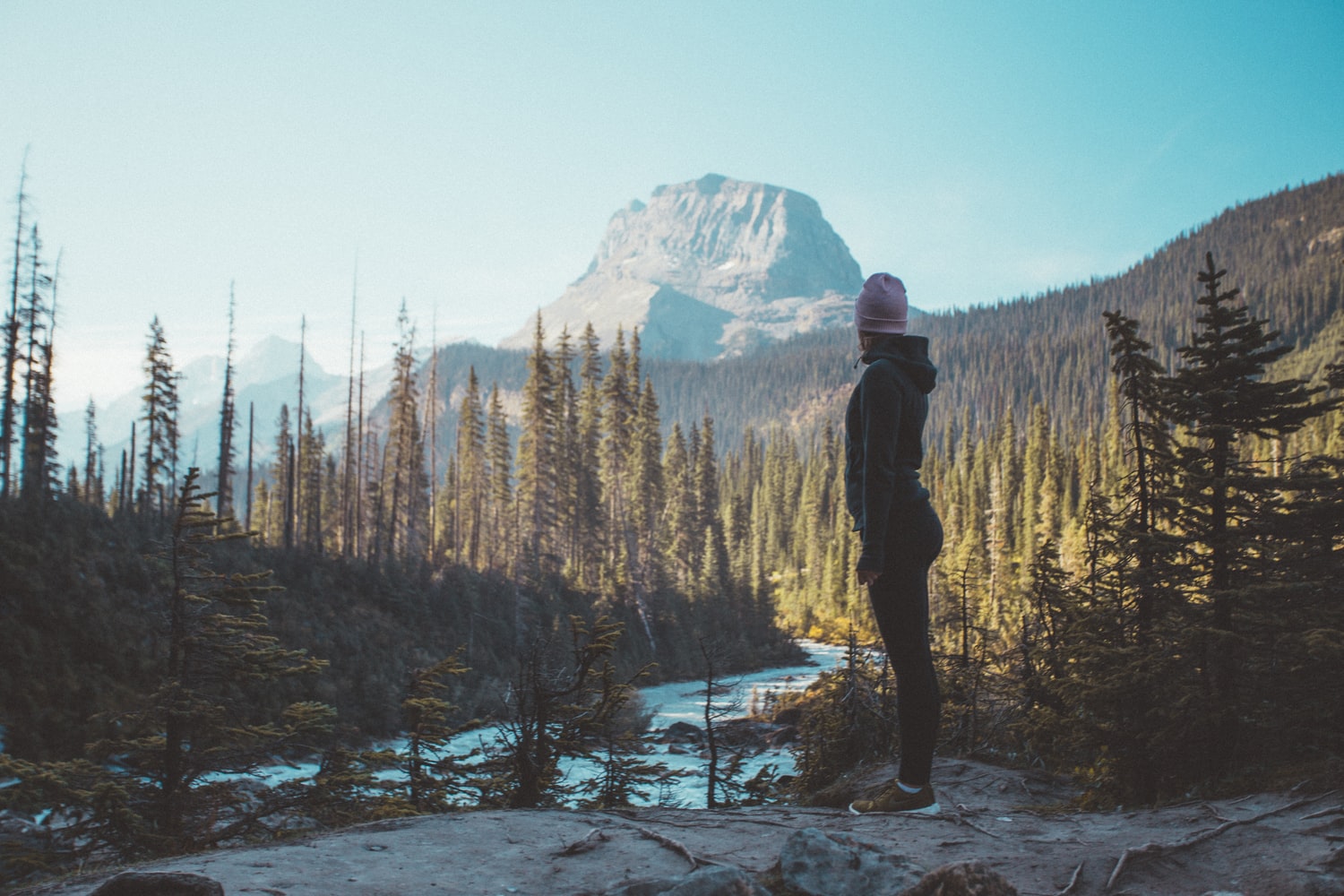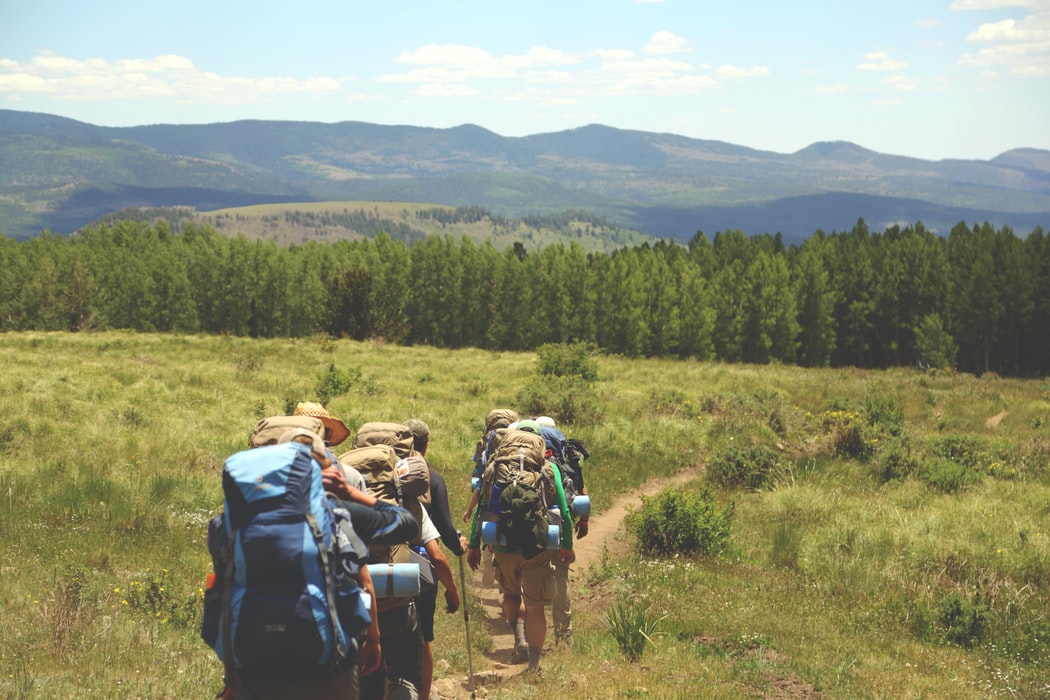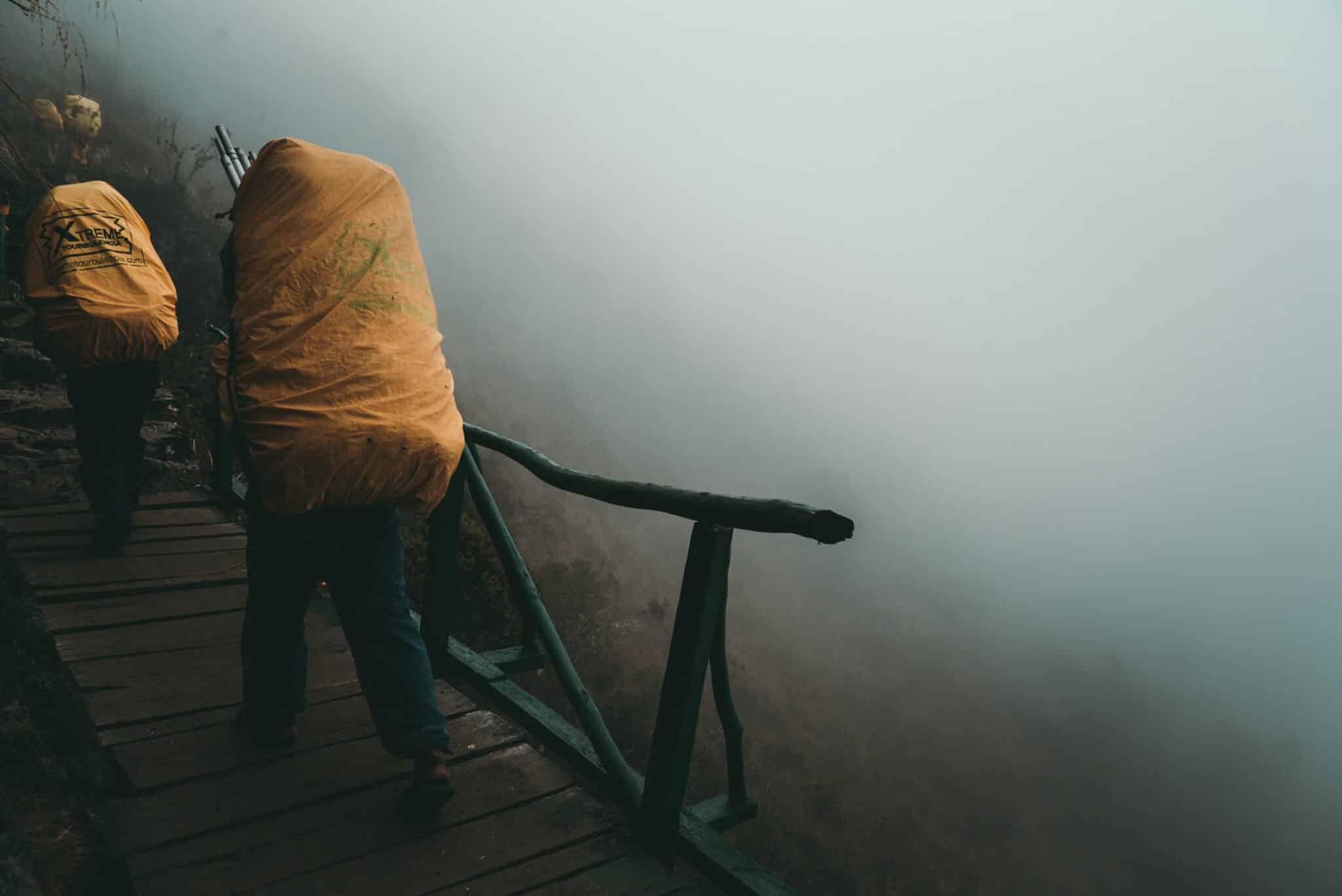We remember our experiences over things. For example, when did you get the shirt you are wearing right now? How many times have you worn it? Chances are you don’t know because you don’t remember. So, when was the last time you went snowboarding? Where’d you go? Who were you with? You’re probably going to tell a story most people would like to hear.
Things, gizmos, and gadgets don’t stick in our memories like experiences do. We’re going to ask, “What did you do over the weekend?” before we ask, “What did you buy over the weekend?” No one cares about the purchases you made Sunday morning. We want to know about the adventures you’re going on.
We’re social creatures, ones who share stories. We care more about our experiences over things we buy. We thrive off them.
Instead of working long hours at a job to purchase things you can’t afford to impress people you don’t like, start with buying experiences over things – something that’ll last in your memory longer than your current shirt.
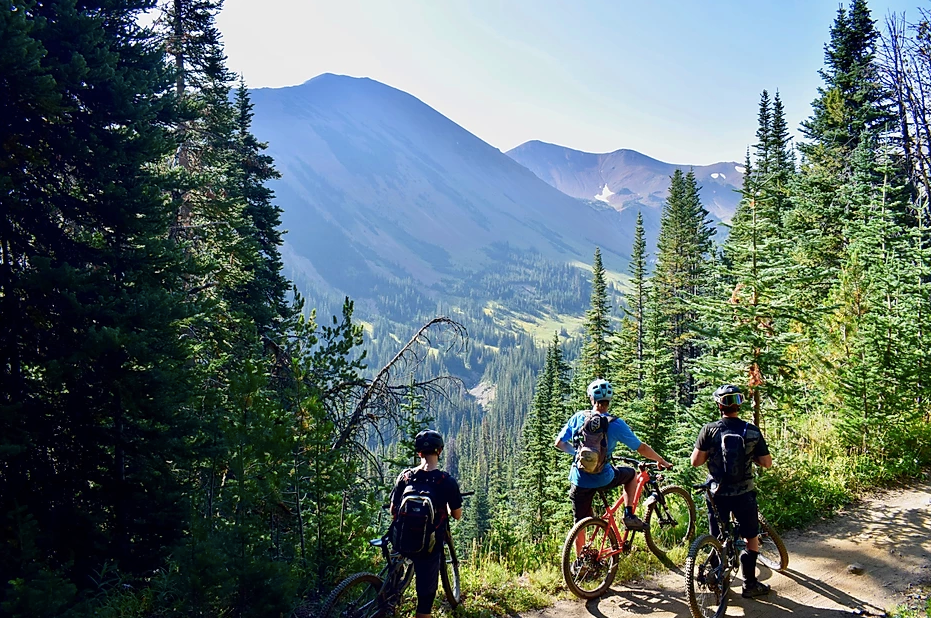
Experiences bring people more happiness than things
We think because experiences are fleeting (the 4-hour long trail-rippin’ mountain bike ride), they’ll bring us less happiness than a purchase. The iPhone 11 we just bought will bring us more happiness because it’ll (hopefully) last longer than a couple of hours.
But how do you feel about the last adventure you took?
How do you feel about your phone?
Which one is more endearing? Between the adventure and the phone, which one do you appreciate more? More great memories of exploring new places are made with friends than the thing used for texting, talking, and scrolling.
Think about the buildup of planning an experience:
- There’s the process of searching for the adventure
- Reserving and paying for it
- Waiting for the time to finally come when you get to experience it
Maybe you had that same feeling when you bought your phone but which one do you still look back on and fondly reminisce?
“Remember that time it rained during our trail run through Castlewood Canyon? We got soaked. My shoes were drenched and every time I stepped down it made a squishy sound. We lucked out finding that little cave to hide inside waiting for the storm to pass even though I was worried there were bats in it the whole time.”
There aren’t many times we affectionately look back to the moment we dropped our iPhone on the kitchen floor. Where it landed just right to burst the screen into a tiny million cracks. “Remember when I dropped my iPhone and every time I tried to swipe I scratched my finger? Those were the days.”
We value experiences over things because even “bad experiences” make good stories.
If you’re like the rest of us, you’ve kind of forgotten about your phone until you need it or you get a notification from it. Things become part of the background. We’re no longer as grateful as we first were when we made the purchase. We stop appreciating things we’re constantly surrounded by. There’s a term for this: hedonic adaptation. We’re super stoked when we have a new gadget to play with, happy in fact. Then over time, we go back to our normal baseline.
We need new things to keep us happy. And on and on it goes.
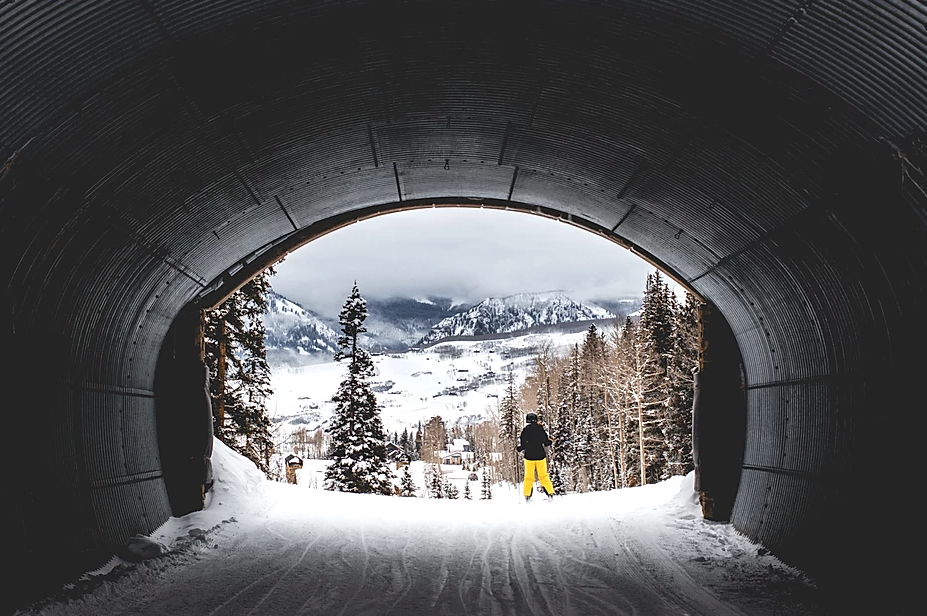
Experiences give us less clutter
How many piles of things are in your room right now? Are they bringing you as much value now as they did when you first bought them? Experiences don’t give us clutter.
Things inevitably take up space and they usually don’t bring us joy after a few months of owning them. Our homes should comfort us and provide a space for us to feel safe. We end up more stressed and anxious with cluttered homes.
When we buy things, we also have to maintain them – something we don’t have to do with an experience. It’s why it’s easier to purchase experiences over things. Buying stuff means cleaning it, organizing it, and dealing with it when you come home from a long day at work. Most of us don’t look forward to cleaning up clutter.
It’s like the famous line in Fight Club,
“The things you own end up owning you.”
You find yourself having to take care of the things you bought and it ends up as more of a nuisance than a release.
An experience can live on forever. Every time you tell the story of your experience, it gets further ingrained in your memory. People love a good story. They don’t love stepping over your things when they come to visit.
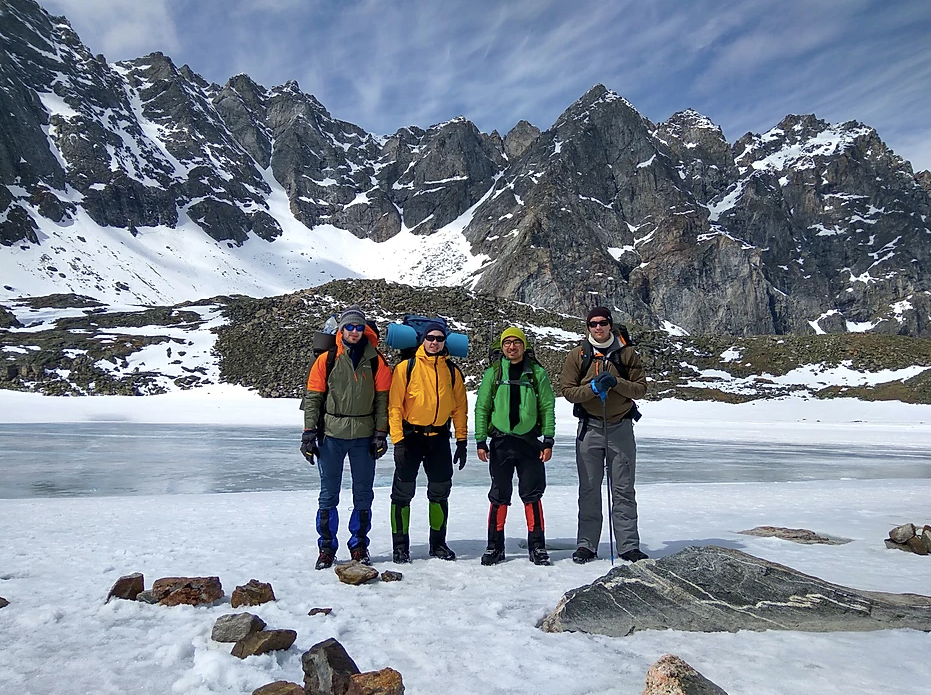
You connect with more people through experiences over things
What did you buy over the weekend?
Odds are you bought groceries and maybe a few other things. No one is going to care about the custom insoles you had to buy for your flat feet, but they will care that you slipped them into the hiking boots you used for the 14’er you climbed over the weekend and the friends who joined you.
We’re social creatures. We like stories. We like being around others. Stories about explorations intrigue us more than descriptions about the things we own.
Usually, we go on adventures with other people. When we do, we get to share that experience with them. It connects us on a deeper level as opposed to us both owning a Garmin watch. One of us may use Garmin to track their cycling routes and you use it to track your runs. The similarities stop at the watch.
But if we both biked up Trail Ridge Road, reached the summit at 12,183 feet elevation, and witnessed the expansiveness that is the Rocky Mountains, we’re going to feel a lot closer to each other. Especially white-knuckling the descent down into town.
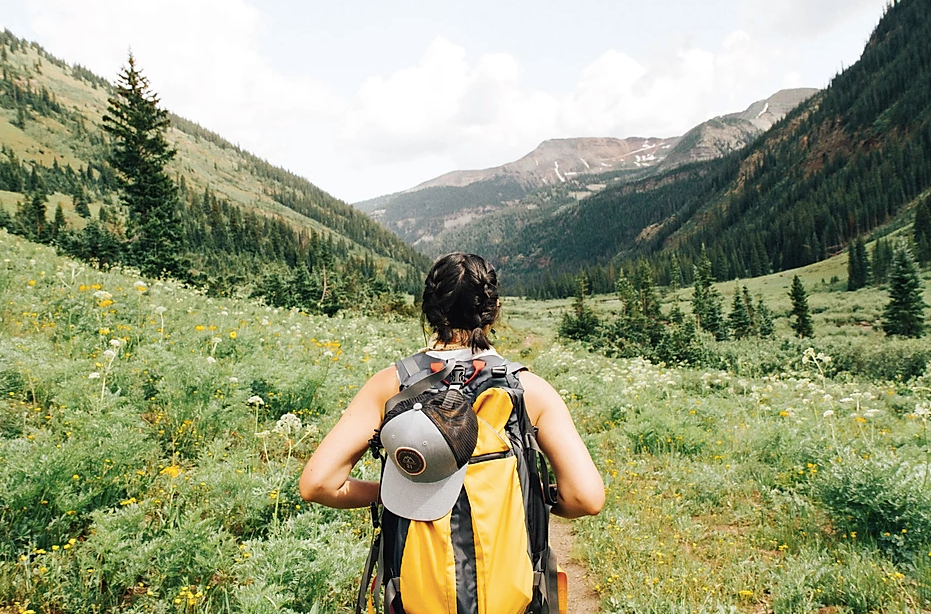
We are the sum of our experiences
“We are the sum total of our experiences. Those experiences – be they positive or negative – make us the person we are, at any given point in our lives. And, like a flowing river, those same experiences, and those yet to come, continue to influence and reshape the person we are, and the person we become. None of us are the same as we were yesterday, nor will be tomorrow.”
– B.J. Neblett
We may think we are the things we own but really, it comes down to our experiences.
When someone asks us, “Tell me about yourself?” we respond with our beliefs, our hobbies, and what we do. Our life stories recount who we think we are, how we became the person we are today, and what our lives mean.
Our stories are peppered with the adventures we went on and the places we explored. We talk about our experiences that got us to where we’re at now.
Rarely do we discuss what we own when it comes to answering that question. Because people don’t care about what you own. They care about what makes you you and it’s the adventures we go on round us out as a person.
Whatever is beyond where the sidewalk ends is what makes life worth living. Nature calms us. It makes us happy. It’s not things that collect dust and take up the nooks and crannies of your home. It’s not the fancy phone with the cracked screen or the car parked outside with a 3.9-liter twin-turbo V8 engine.
It’s the experiences, namely the outdoor experiences that make us happier, bring us closer together, and ultimately, make us who we are.
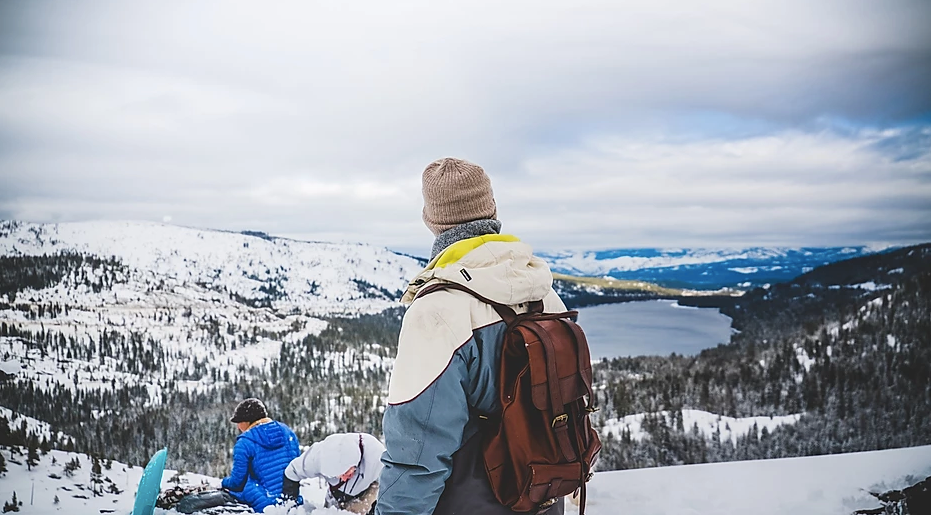
Experiences over Things with Origin
We make financial decisions every day of our lives. We pay for coffee, gas, transportation, food, and stuff we don’t need and it all piles up in our closets.
At Origin, we provide adventure-seeking travelers the opportunity to connect with professional guides to experience nature the way it should be – without the queues, the selfie sticks, and overcrowded tourist traps found on Google.
You can buy another gadget to clean and maintain. Or, you can go on an Adventure you can tell your friends and co-workers about when they ask, “What did you do over the weekend?”
While you’re out exploring, read some tips to minimize your environmental impact.

